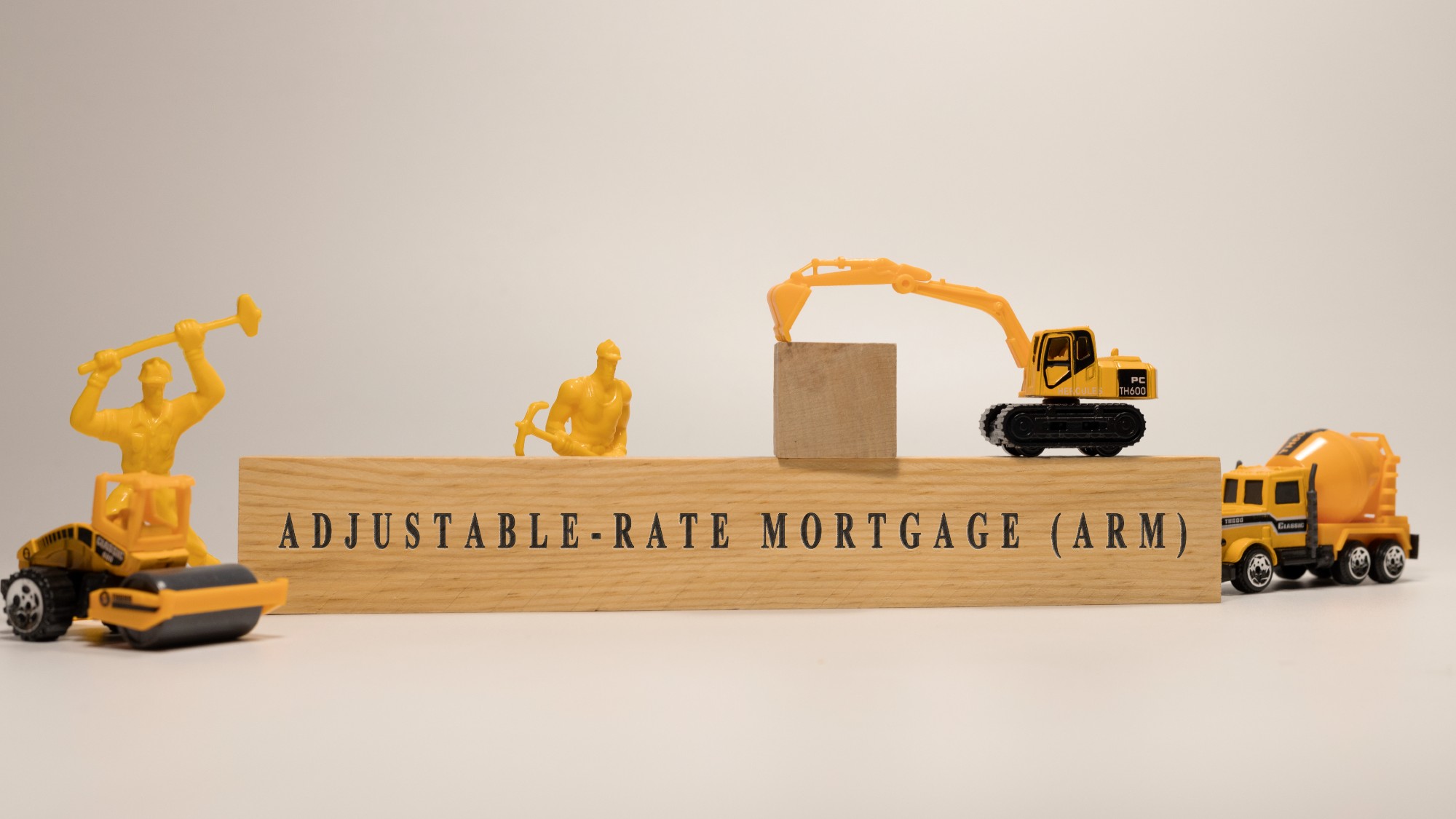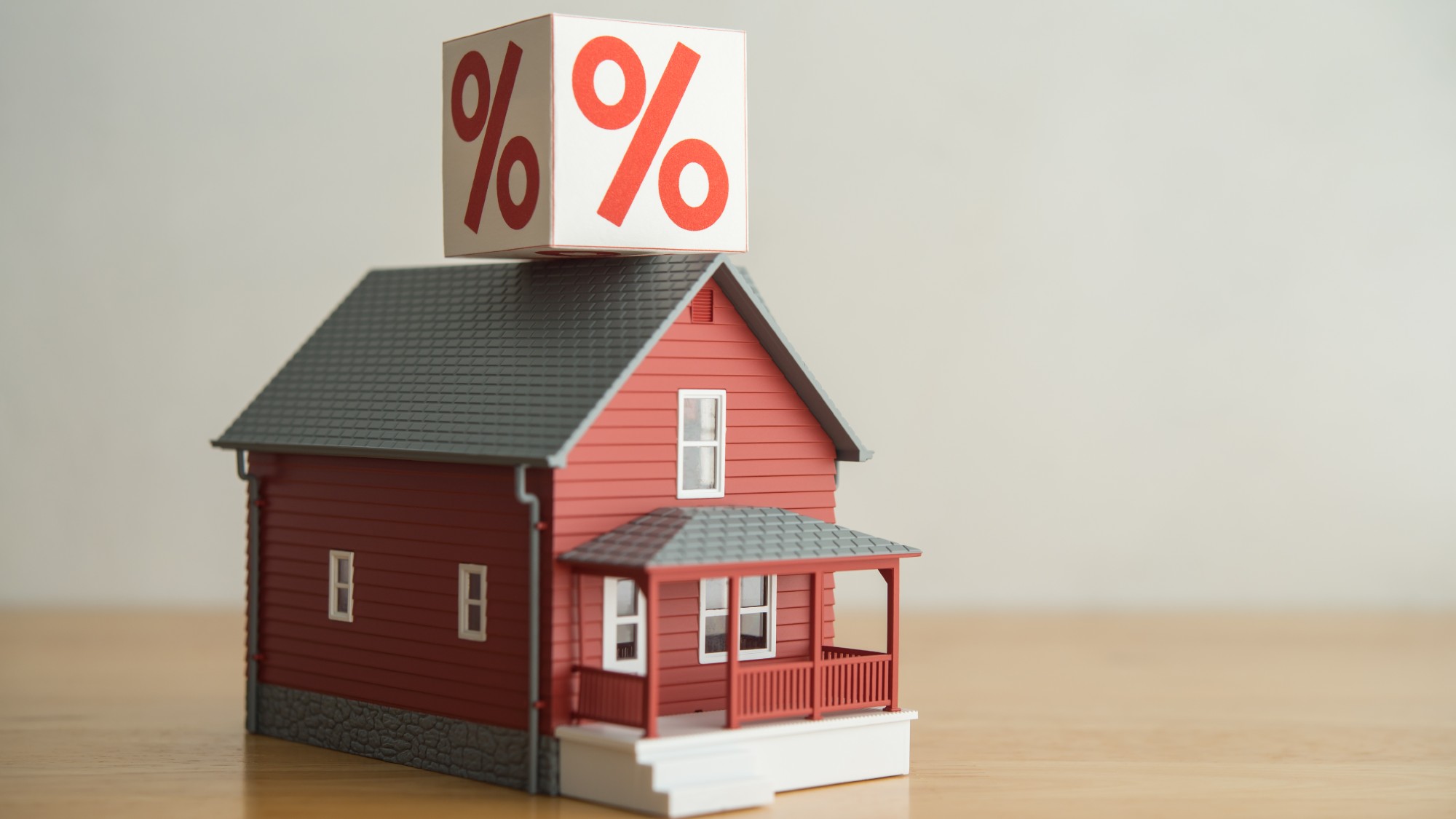Mortgage deals: how to lock in a good rate
Now is the time to grab a low fixed-rate mortgage – but it might not be as easy as you think

A free daily email with the biggest news stories of the day – and the best features from TheWeek.com
You are now subscribed
Your newsletter sign-up was successful
It has been a mixed year for those of us on, or hoping to get on, the housing ladder. House prices have been booming and mortgage rates have remained at rock bottom. However, interest rates are expected to start rising next year, with the first hike expected no later than summer 2015. As a result, mortgage rates are already rising as lenders act ahead of a Bank of England rate move.
So it seems to make sense to act now to grab a low fixed rate. Trouble is, there is a fly in the ointment. The Mortgage Market Review (MMR) has made getting a mortgage harder than ever. Why? The MMR – put in place this year by regulators in an attempt to avoid a repeat of the careless lending of the pre-crash days – has led to lenders moving away from the old system of working out how much to lend based solely on your income. Forget the days where you could easily get hold of four, five or even six times your income. Now the amount you can borrow is based on how much you can afford to repay.
This might not sound like a big change, but in fact the calculation is far more complicated and involves digging deep into your finances. A potential lender will now want to know exactly how much you spend every month, and will check your statements to find out. It will then consider how your spending might change in the future – so be ready for awkward questions about your plans for children, early retirement, holidays and pub spending.
The Week
Escape your echo chamber. Get the facts behind the news, plus analysis from multiple perspectives.

Sign up for The Week's Free Newsletters
From our morning news briefing to a weekly Good News Newsletter, get the best of The Week delivered directly to your inbox.
From our morning news briefing to a weekly Good News Newsletter, get the best of The Week delivered directly to your inbox.
In principal, the low interest-rate environment should make things easier. With mortgages on offer with rates as low as 1.49%, repayments are small, making affordability barriers easier to navigate. But, the MMR has put a dampener on this too. That’s because lenders don’t just look at whether you can afford your mortgage repayments on the current interest rate. Your lender has to assume you will keep your mortgage for the entire duration of the terms – so, 25 years in many cases – rather than the length of the current deal (typically two to five years). This means any potential lender has to check you could still afford to pay your mortgage if rates rose considerably. Many will stress test affordability on the basis of your mortgage interest rate rising to 7%.
Another problem is the ‘computer says no’ mentality which means that human flexibility isn’t counted in. You may know that if your mortgage repayments rose you’d have a few less meals out in order to make sure you could still afford your repayments, but the calculators won’t accept that – they will use your current outgoings against the higher mortgage repayments.
To tackle this new way of calculating lending, ensure your finances are in order before you make a mortgage application. During your application your lender will look at your spending over the past three to six months, so try to avoid any major splurges before you apply. Go through your statements and make sure there aren’t any outgoings you don’t need – for example, monthly repayments you could clear. Also, make sure your incomings are as high as possible. If you are eligible for child tax-credits or any other benefits, make sure you are getting them.
Once your finances are in order you need to find the best mortgage deal. The table below shows some of the best offers currently available (as of late September – do double check, as rates change quickly). But it isn’t simply a case of applying for the mortgage with the lowest rate. If you apply for and are rejected for a mortgage it will affect your ability to get a mortgage elsewhere – so do your research and make sure you are applying for the best deal for you, not just the cheapest one.
A free daily email with the biggest news stories of the day – and the best features from TheWeek.com
This is where an independent mortgage broker can come in handy. They can scour the market for you and will know which lenders are best suited to your individual circumstances. A broker may cost you around £500 but if they are good they’ll save you far more than that over the life of your mortgage.
-
 Political cartoons for February 20
Political cartoons for February 20Cartoons Friday’s political cartoons include just the ice, winter games, and more
-
 Sepsis ‘breakthrough’: the world’s first targeted treatment?
Sepsis ‘breakthrough’: the world’s first targeted treatment?The Explainer New drug could reverse effects of sepsis, rather than trying to treat infection with antibiotics
-
 James Van Der Beek obituary: fresh-faced Dawson’s Creek star
James Van Der Beek obituary: fresh-faced Dawson’s Creek starIn The Spotlight Van Der Beek fronted one of the most successful teen dramas of the 90s – but his Dawson fame proved a double-edged sword
-
 Six ways to boost your finances in 2026
Six ways to boost your finances in 2026The Explainer It’s not too late to make a new year’s resolution to finally get organised money-wise
-
 Could a part-and-part mortgage help you on to the property ladder?
Could a part-and-part mortgage help you on to the property ladder?The Explainer Combining repayment and interest-only mortgages could become more popular as part of a push towards more flexible lending
-
 Why it’s important to shop around for a mortgage and what to look for
Why it’s important to shop around for a mortgage and what to look forThe Explainer You can save big by comparing different mortgage offers
-
 What are portable mortgages and how do they work?
What are portable mortgages and how do they work?the explainer Homeowners can transfer their old rates to a new property in the UK and Canada. The Trump administration is considering making it possible in the US.
-
 What’s an adjustable-rate mortgage and what are the risks?
What’s an adjustable-rate mortgage and what are the risks?The Explainer Buyers are increasingly willing to take the gamble of a changing rate
-
 How will Fed rate cuts affect the housing market?
How will Fed rate cuts affect the housing market?the explainer An anticipated series of Federal Reserve cuts could impact mortgage rates
-
 What to do if you want to move but don't want to give up your low mortgage rate
What to do if you want to move but don't want to give up your low mortgage ratethe explainer 30-year mortgage rates are currently averaging 7% — and homeowners who secured rates closer to 3% during the pandemic are reluctant to sell their homes
-
 Is it worth getting an interest-only mortgage?
Is it worth getting an interest-only mortgage?The Explainer Your monthly payments may be cheaper but the full mortgage amount will need to be paid back eventually